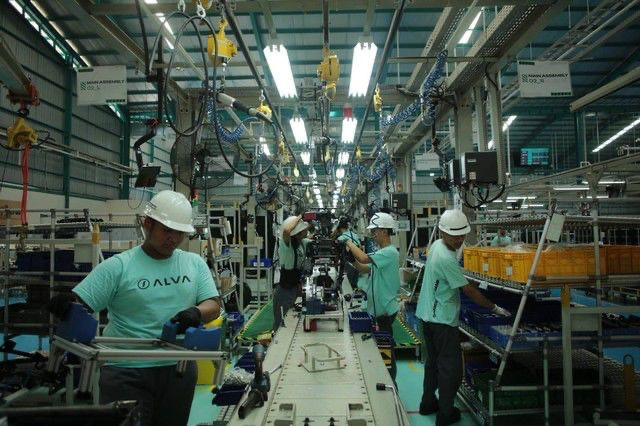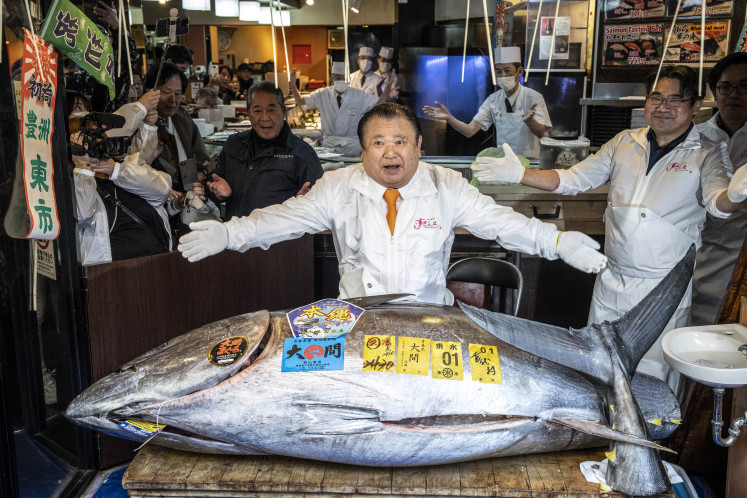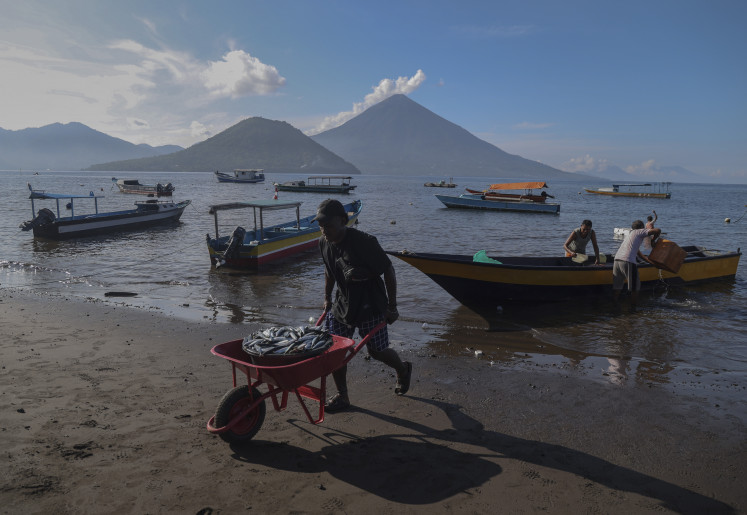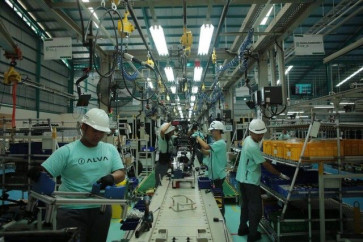Popular Reads
Top Results
Can't find what you're looking for?
View all search resultsPopular Reads
Top Results
Can't find what you're looking for?
View all search resultsReassessing local content policy: Balancing industrial growth and global competitiveness
The TKDN policy has become a strategic issue in Indonesia's economic development. On the one hand, it serves as a crucial tool for promoting national industrial growth. On the other hand, it can lead to inefficiencies and reduce the competitiveness of domestic industries.
Change text size
Gift Premium Articles
to Anyone
T
he local content policy (TKDN) has become a significant topic of public debate following President Prabowo Subianto’s statement regarding a potential relaxation of the policy.
During the Economic Discussion Forum between President Prabowo and economists on April 8, the President emphasized that an overly rigid implementation of the TKDN could reduce the competitiveness of Indonesian industries in the global market. As an alternative, he proposed that the policy be formulated in a more flexible and realistic manner.
The TKDN policy has become a strategic issue in Indonesia's economic development. On the one hand, it serves as a crucial tool for promoting national industrial growth, reducing dependence on imported products and creating domestic employment. On the other hand, the policy can lead to inefficiencies and reduce the competitiveness of domestic industries, as it shields them from fair market competition.
Moreover, it has raised concerns among trade partners like the United States, which considers the policy protectionist and potentially in violation of international trade rules. Additionally, further adjustments are needed to align the policy with the actual capacity of domestic industries, particularly in high-tech sectors, where local capabilities remain limited.
This context highlights the need to review the TKDN policy and its impact on domestic industry.
According to Law No. 3/2014 on Industry and Government Regulation No. 29/2018 on industrial empowerment, the TKDN refers to the proportion of domestic components in goods, services or a combination of both.
The minimum TKDN requirement for government procurement is currently 25 percent, with a minimum company benefit weight (BMP) of 40 percent. Priority sectors for the TKDN policy include oil and gas, electricity, telecommunications and information technology, transportation and automotive, medical devices and pharmaceuticals, construction and infrastructure, new and renewable energy (EBT), as well as defense and security.


















